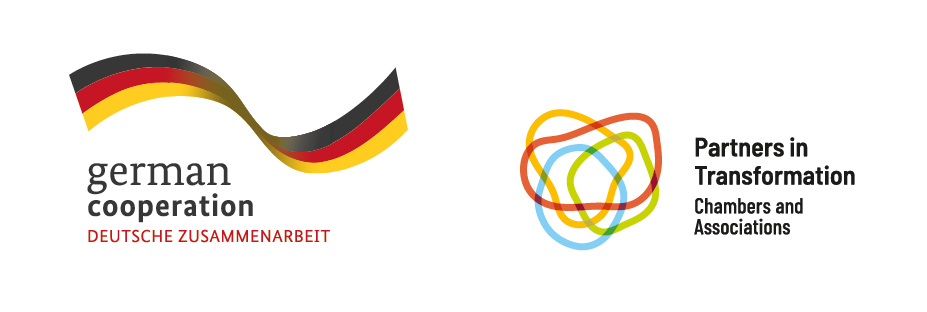Principles
Cooperation, confidence and practice-oriented solutions
The work of German Sparkassenstiftung is guided by three principles: partnership-based cooperation in a spirit of mutual trust; the transfer of key success factors from the Sparkassen-Finanzgruppe and the implementation of practice-oriented solutions.
Partnership-based cooperation
Counterpart institutions are not perceived as clients but as partners. By engaging in a spirit of mutual trust, German Sparkassenstiftung promotes their sustainable development and works with them to build up long-term professional relationships.
Key success factors
In the course of their 200-year history, German Sparkassen have evolved into the most successful financial group in the German banking sector. The nationwide branch network, cutting-edge technologies and distribution channels enable them to stay in close contact with their customers, particularly with private individuals and SMEs. Sparkassen operate locally which means they share the same interest in a healthy local economy as the rest of the region. One of the ways they endeavor to promote growth, for example, is by investing deposits from the region back into the region in the form of loans. Furthermore, although they are economically and legally independent institutions, Sparkassen engage in intensive mutual cooperation, a practice that allows them to attain a high degree of efficiency.
Even if the environment in Germany differs greatly from the prevailing conditions in developing countries and emerging economies, the transfer of success factors – adapted to suit local conditions – also leads to positive outcomes there as well.
Practical solutions
German Sparkassenstiftung owes its success to the expertise and practical experience of the people employed in the Sparkassen-Finanzgruppe. Together with local experts trained by German Sparkassenstiftung, practitioners from the Sparkassen-Finanzgruppe channel their state-of-the-art knowledge into the design of customised solutions and assist their partner institutions to implement them. Besides making for a high degree of acceptance, this approach also secures project success over the longer term.

